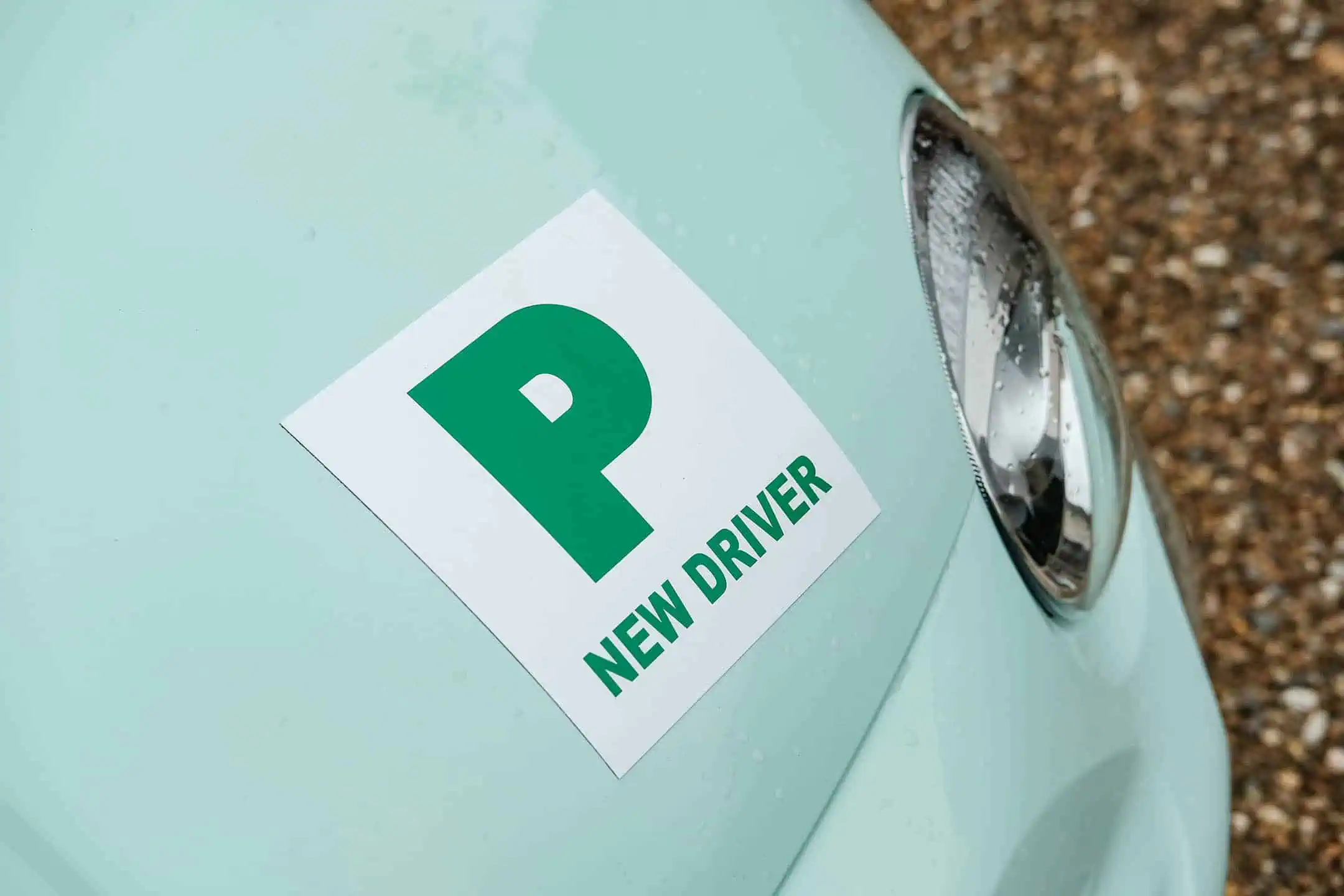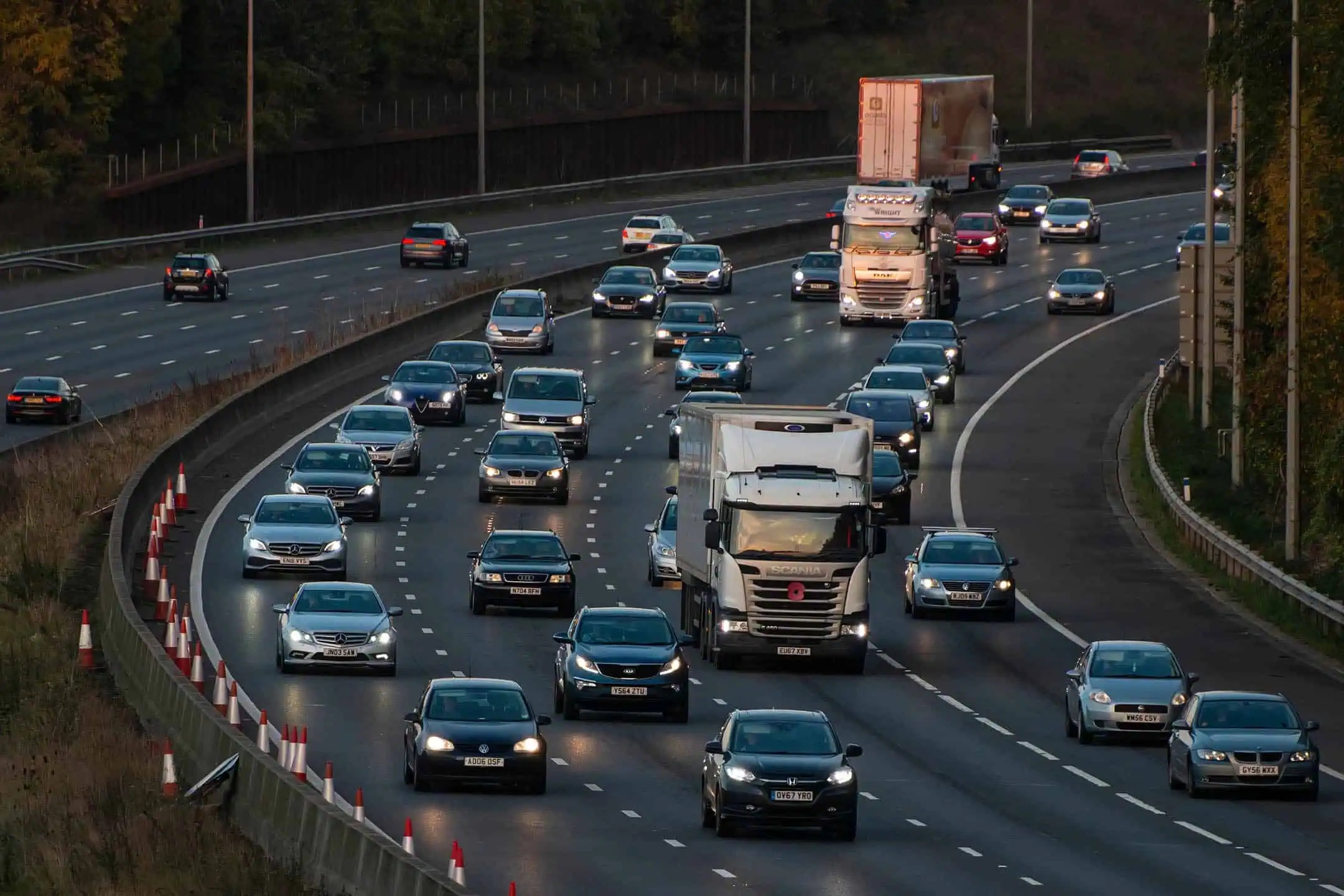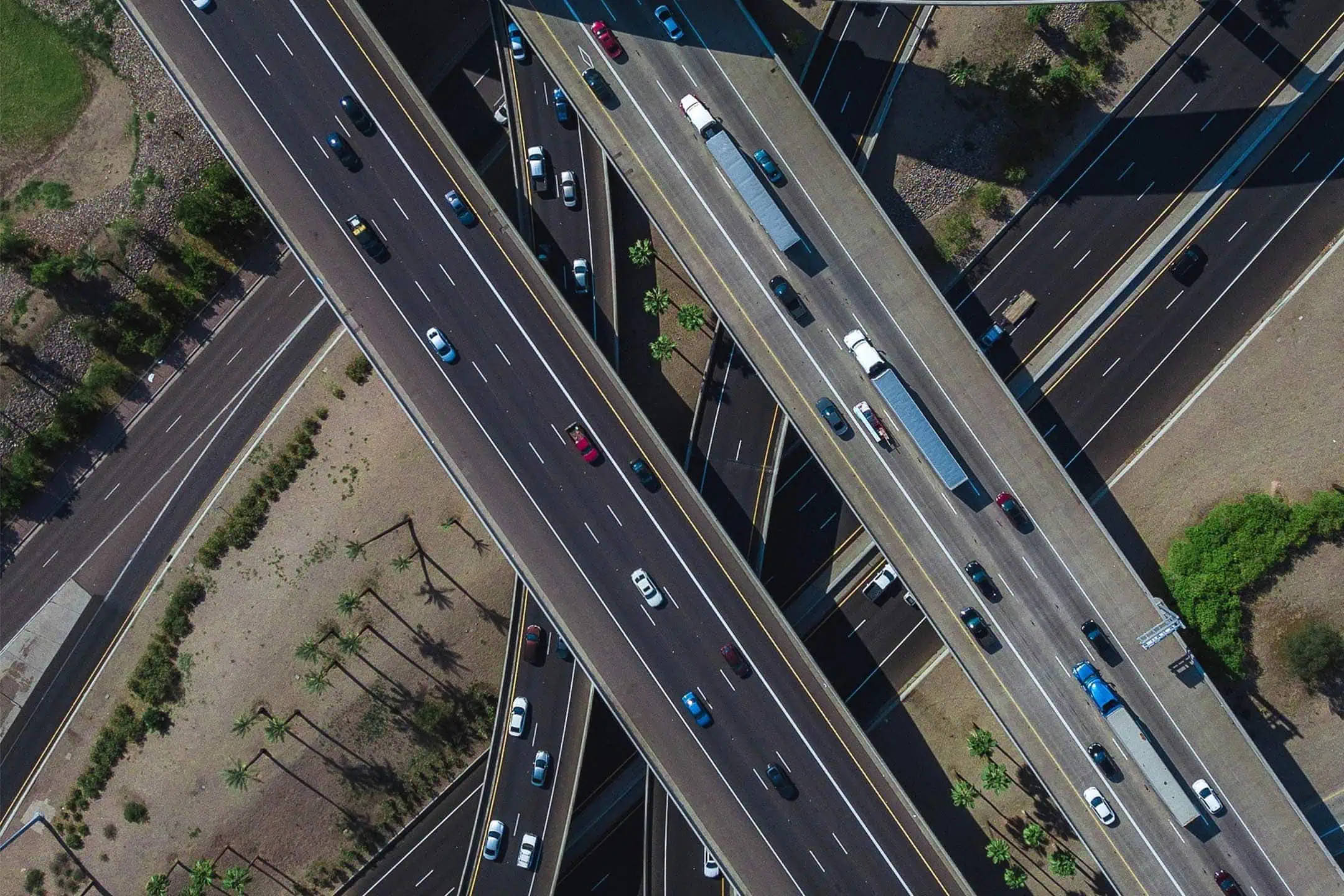P Plates UK

Before
Lessons
Tests
Passed
What are 'P Plates' and what does the 'P' stand for?
P Plates indicate that the vehicle’s driver is a probationary driver (meaning you are a relatively new qualified driver). P Plates can help ease the pressure when you start driving independently.
Why Use P plates
Bravo! You’ve passed your test. But there’s still plenty to learn. P plates (‘probationary’ plates) let other drivers know that you’re new to the road.
No one is required to put P plates on their car. However, they can be a good idea because it means other drivers know that you only recently passed your test. They will likely be more sympathetic and give you more time to make decisions at roundabouts or junctions.
There is no law for how long you should leave them on. Simply take them off when you feel confident enough to drive without them!
No one is required to put P plates on their car. However, they can be a good idea because it means other drivers know that you only recently passed your test. They will likely be more sympathetic and give you more time to make decisions at roundabouts or junctions.
There is no law for how long you should leave them on. Simply take them off when you feel confident enough to drive without them!


What are P Plate Rules?
Unlike L plates, P plates are not legally mandatory, so few rules govern them. You can choose whether to use P plates (or not) and how long you wish to keep them in your car. If you want to use P plates, you should ensure you display your P plates on your car’s front and rear. However, as there are no legal specifications for what a P plate should look like, you won’t need to worry about incorrect sizes or dimensions.
In short, if you feel confident as a new driver, you don’t have to display P plates at all. However, if you’d like more time to gain confidence, feel free to put them on for as long as you wish!
Can you use P plates on the motorway?
Yes, you can use P plates on all types of roads, including the motorway. They will mean other drivers give you more room and time to make decisions, which can be valuable on your first few times driving in unfamiliar territory.


Do P plates work?
Tragically, over a thousand young people in the UK are killed yearly in motoring accidents. Moreover, accidents are much more likely after someone passes their test in the first two years. Research shows that mortality rates reduce by nearly 50% once a driver reaches two years behind the wheel.
While pass plates won’t be able to stop all accidents, they can help reduce them by warning other drivers that the person behind the wheel is inexperienced, and they might need more time.
New drivers looking to build confidence why not take the Pass Plus Course?
The DVSA’s Pass Plus Course is to help improve new drivers’ confidence and skills in the car. It will cover things you probably didn’t experience in your driving lessons, including: